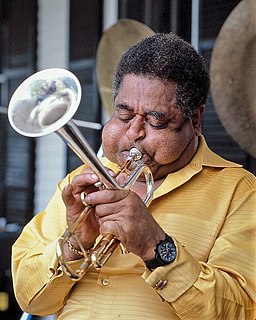A Quote by Terry Eagleton
Most students of literature can pick apart a metaphor or spot an ethnic stereotype, but not many of them can say things like: 'The poem's sardonic tone is curiously at odds with its plodding syntax.
Related Quotes
The most common mistake students of literature make is to go straight for what the poem or novel says, setting aside the way that it says it. To read like this is to set aside the ‘literariness’ of the work – the fact that it is a poem or play or novel, rather than an account of the incidence of soil erosion in Nebraska.
It's ignorant! The stereotype is guys that are weak and have failing relationships write about how sad they are. If you listen to our songs, not one of them has that tone. Emo is bullshit! If people want to take it for the literal sense of the word, then yes, we're an emotional band, we put a lot of thought into what we do. People always try to stereotype us, but we don't fit the emo stereotype.
We're at an interesting phase of Asian and Asian-American writing, where we might succeed in having readers look at us as creative individuals who write with fury and fire about the world, and in new ways, without having them say things like "I read a really good Indian book," or "That Malaysian fellow writes very well." So I hope by identifying as Indian I can get people who don't usually read "ethnic" or "Indian" literature to read that literature and enjoy it.
The Soviet Union came apart along ethnic lines. The most important factor in this breakup was the disinclination of Slavic Ukraine to continue under a regime dominated by Slavic Russia. Yugoslavia came apart also, beginning with a brutal clash between Serbia and Croatia, here again 'nations' with only the smallest differences in genealogy; with, indeed, practically a common language. Ethnic conflict does not require great differences; small will do.
I think that poetry is an act of celebration, that anytime you're writing a poem, it means that you're celebrating something, even if it's a sad poem, if it's an angry poem, a political poem or anything at all. The fact that you're taking the time and energy to pick up this thing and hold it to the light, and say, "Let's take some time to consider this," means that you've deemed it worthy enough to spend time on - which, in my opinion, is celebrating.
There are two versions of math in the lives of many Americans: the strange and boring subject that they encountered in classrooms and an interesting set of ideas that is the math of the world, and is curiously different and surprisingly engaging. Our task is to introduce this second version to today's students, get them excited about math, and prepare them for the future.


































